
Read or listen offline
Amazon KindleRecommendation
In this excellent introduction to risk management, author Erik Banks offers a lucid, clearly written and well-organized overview. He tells readers what risk management is, why it is necessary, how it works and how companies can carry it out most prudently and cost-effectively. He manages to convey the essential information about insurance and reinsurance, the use of capital markets and derivatives, and the application of enterprise risk management concisely. This is a remarkable achievement. Most books on insurance bog down in jargon and details, while most books on derivatives are unnecessarily complicated and dense. This one – offered by the Wiley Finance Series – is neither. Although not exactly beach reading, it’s about as accessible as any book on this subject could possibly be. getAbstract recommends it highly to executives and investors.
Summary
About the Author
Erik Banks has held senior risk management positions at several global financial institutions and has written various books on risk management, emerging markets, derivatives, merchant banking and electronic finance.







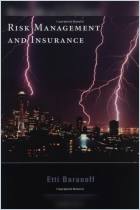
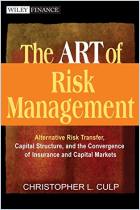
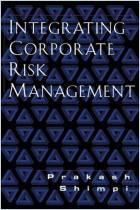
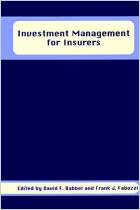
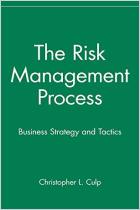
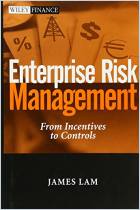





Comment on this summary or Comenzar discusión